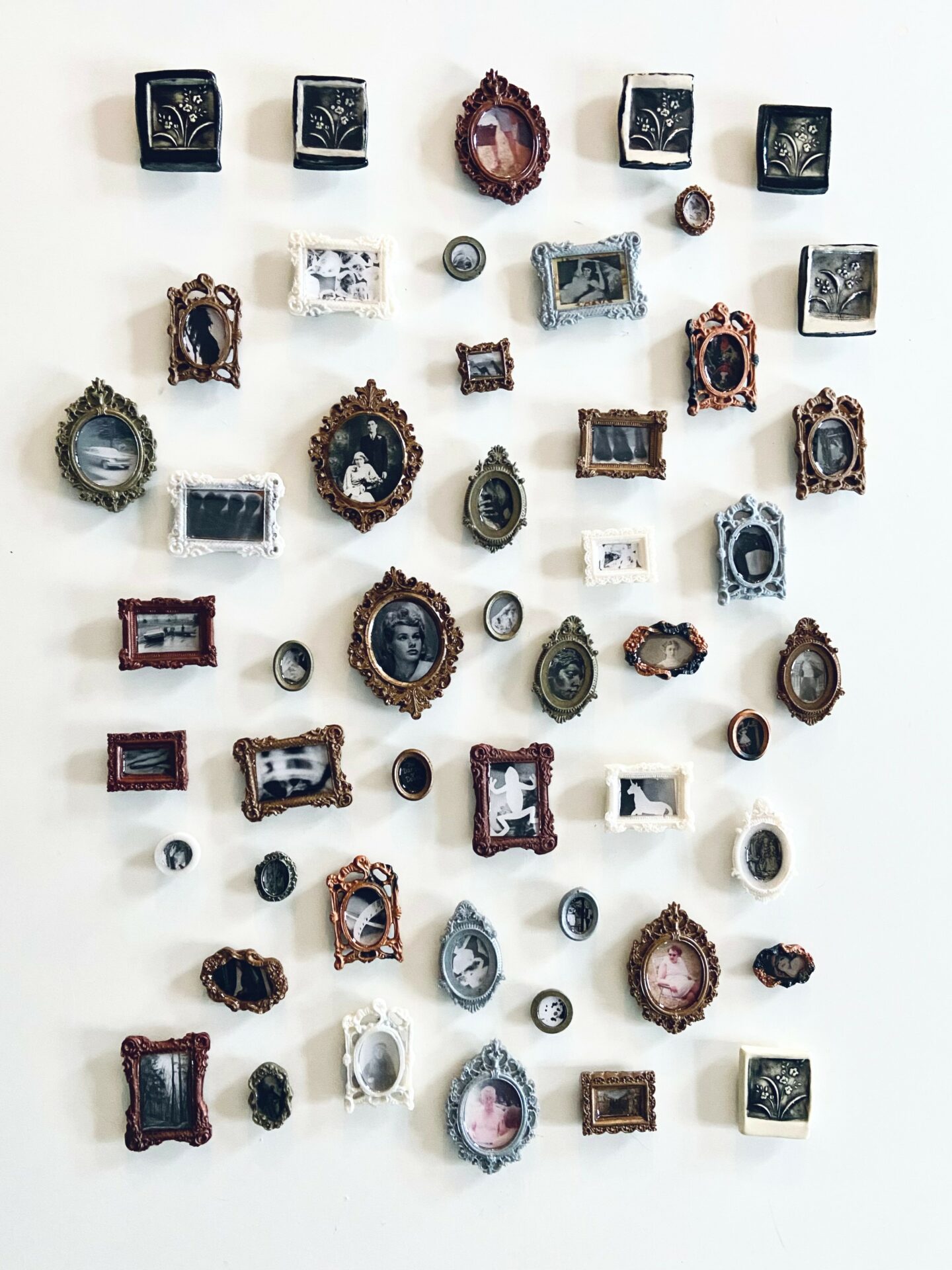Alright – so today we’ve got the honor of introducing you to Sarah Beck. We think you’ll enjoy our conversation, we’ve shared it below.
Hi Sarah, thank you so much for opening up with us about some important, but sometimes personal topics. One that really matters to us is overcoming Imposter Syndrome because we’ve seen how so many people are held back in life because of this and so we’d really appreciate hearing about how you overcame Imposter Syndrome.
It has taken me over two decades to overcome imposter syndrome, and a lifetime to fully embrace the title of an artist. A pivotal moment came to me roughly six months ago. I was driving and suddenly realized that I had been a working photographer for almost 20 years, a wedding photojournalist for 15 years, a potter for two years, AND that people regularly, enthusiastically have been purchasing my fine art for the past three to five years, but I still couldn’t bring myself to call myself an artist!
In 2021 I began an internship with artist Ann Thane. Soon after, I took on the title of her studio manager. It was during this time that I felt the roots of my being an artist strengthening. Despite dedicating my entire life to artistic pursuits I had never before spent time with an artist who possessed such unwavering self-awareness and self-worth – it was infectious.
Overcoming imposter syndrome is so hard. I sometimes wonder if it will completely go away. Even while answering this question there is this little nagging thought running amuck in the back of my mind saying that I’m not qualified to answer this question, and that is ridiculous! I literally have 20 years of data that says that I am.
I think that my advice to anyone struggling with imposter syndrome would be to surround yourself with people who know their worth. Folks who inspire you. Take inventory of what you have accomplished, and own it. Keep learning, keep creating, and share your knowledge. When you do these things you aren’t “faking it till you make it”, you are actually doing the things, and if you are actively doing the things then you are in fact what those things define. Artist. Photographer. Potter. Professor. Musician. Author. Illustrator. Whatever it is.
Thanks for sharing that. So, before we get any further into our conversation, can you tell our readers a bit about yourself and what you’re working on?
My artistic pursuits have led me to celebrate the unconventional and find beauty in the everyday. I pride myself on challenging conventional aesthetics and inviting folks to see the world through my lens.
In my exploration of different perspectives, I’ve uncovered the magic in cluttered studios and imperfect settings. I’ve discovered stories of devotion, determination, and genuine human moments during some of the most staged moments of peoples’ lives. My camera has been my primary tool for revealing these narratives, but my creative journey is fluid and ever-evolving.
I work in a photographic darkroom painting images with light, and recently, I’ve transitioned into working with an even more hands-on art form, handcrafting ceramic spoons. My wish is for these spoons to continue to be coveted treasures in contemporary art.
Throughout the years, I’ve become a storyteller, translating the world I view into art that can be shared. Whether through the lens of a camera or the hands molding clay, my art aims to evoke emotions, spark curiosity, and invite others to see the world through my distinctive perspective.
Looking back, what do you think were the three qualities, skills, or areas of knowledge that were most impactful in your journey? What advice do you have for folks who are early in their journey in terms of how they can best develop or improve on these?
I think note-taking, a willingness to learn, and practicing gratitude have been the most impactful for me.
My advice would be to stay open. Recognize that no matter how long you have been in any given field you still have so much to learn. Keep a running list of your work. Your accomplishments. What made you feel proud.
You were part of a show? List it.
You won a regional competition? List it.
Someone you respect liked or reposted your work? Write that down! Keep it handy. You don’t need to show it to anyone, but on the days when imposter syndrome is kicking in hard take a look back. I promise you will be surprised.
Lastly, practice gratitude. Gratitude for those who have helped you. Gratitude for yourself.
What would you advise – going all in on your strengths or investing on areas where you aren’t as strong to be more well-rounded?
I think it’s best to go “all in” on our strengths. I, personally, have wasted so much time trying to do things I can’t seem to wrap my brain around. I have struggled with business and self-promotion for my entire adult life. Often times as artists we’re under this illusion that we have to do it all. We need to control every aspect of our art. I recognize that a lot of that stems from necessity. We don’t have the money to outsource when we are starting out, but I wish I had learned earlier that not everything has to be monetary. Bartering our strengths for someone else’s is such a useful practice.
I found it very hard to create while I was focused on my next “strategic” move, but when I finally let go and asked for help it freed up so much of my time to really allow me to follow my artistic voice.
Contact Info:
- Website: www.sarahbeckphoto.com
- Instagram: www.instagram.com/sarahmakesitweird/








Image Credits
Sarah Beck




